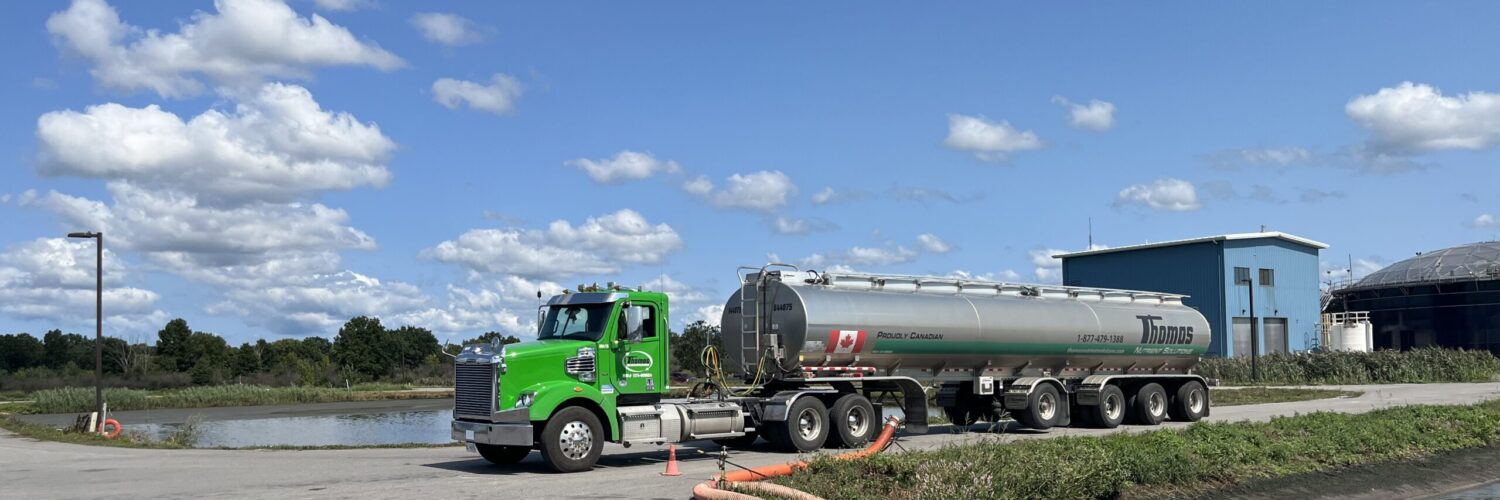Australia’s New South Wales region has recently experienced one of the worst droughts in living memory, yet farmers in the area have been able to cope with the help of biosolids. This organic fertilizer has been used in around 30 farms to turn otherwise dry land into arable soil. Sydney Water has sourced these biosolids from more than 20 treatment plants to produce around 180,000 tonnes annually.
Around 70 percent of these biosolids go to farmlands in Ulabri, a 900 hectare area meant for grazing livestock. Areas like Ulabri typically have poor acidic soils which are high in aluminum and deficient on organic material. The severe drought would have normally brought little hope for farmers to turn it around, but because they have been applying biosolids for the past 6 years, they are able to successfully plant pasture grass. The treated paddocks have proven to be more resilient to the drought which helps them produce fine wool merino from their sheep which graze the lands.
Another property affected is Caloola, south of Bathurst, which is home to 10,000 sheep. Biosolids have been used in the area since 2013 and have treated around 250 hectares for grazing. Despite the drought, the pasture is able to endure even with as little as 5mm of rainfall. Although biosolids treated lands are not drought-proof, it allows them an extended period of time for their animals to graze and multiply.
Biosolids are not just used to rejuvenate paddocks, they have been used as organic fertilizer for growing crops such as wheat and canola. This is how a family which owns a 3000-hectare property at Woodstock near Cowra managed to weather the drought. It has also weaned them off their dependence on chemical fertilizer like mono ammonium phosphate (MAP). Five years since they started applying biosolids, their MAP usage has been reduced from 80 kg per hectare to just 20 kg.
Sydney Water prides itself in maintaining the highest quality standards to ensure that the biosolids they produce are compliant with the strict guidelines set by the Environmental Protection Agency. The biosolids are tested every day with samples drawn from every 100 tonnes of the material to watch out for pathogens or heavy metals after the waste is subjected to baking for about 40 days. Any methane generated in the process is used by Sydney Water to produce 15 percent of their energy needs.
Testing is also done at the farmlands to determine the presence of any naturally occurring heavy metals. Once the biosolids are delivered, they need to be incorporated into the soil within 36 hours and should not be placed on slopes or near human habitats or bodies of water. Livestock are also not allowed to graze on treated paddocks for 30 to 90 days. These restrictions are implemented to protect the environment and the public health of the surrounding community.
Despite the crippling droughts that have plagued Australia’s farmlands, biosolids have proven to be a crucial element in revitalizing not just he farmlands, but the industries that rely heavily on it.
If you are a farmer in the Niagara Region and are interested in considering biosolids as a potential application to your fields, please call us on 1 (877) 479-1388. There is no cost for us to apply to the MOE or to spread biosolids on your field. These costs are covered by the Region of Niagara.
Sources:
www.awa.asn.au
https://www.abc.net.au

